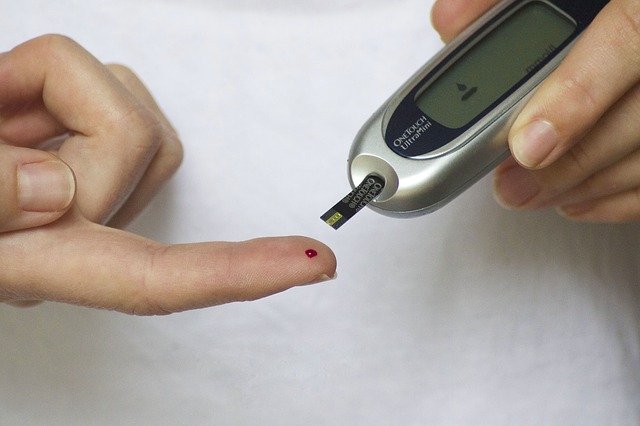In-vitro fertilization (IVF) is an assisted reproductive technology and is often recommended for infertile patients. Every year almost half a million babies are born across the globe by using IVF techniques, though this technique increases pregnancy risk and birth complications. A Greece research team claimed that one of the noticeable complications in achieving pregnancy through IVF is gestational diabetes.

Previously, the clinical team has a dilemma that the IVF has an impact on the mother’s blood sugar level and increases the risk of developing pink gestational diabetes. But the Greece scientific research team fills this knowledge gap.
The Greece scientific research team had analyzed 38 study reports which involve two million pregnancies. The meta-analysis of the data reported that almost 53% of women who became pregnant through IVF or other similar assisted reproductive techniques had a relatively increased risk of developing gestational diabetes. This indicates 163,302 cases from the total research sample had gestational diabetes.
A comparison between spontaneous conception and assistive techniques clearly stated that 158,526 out of 1,870,734 women who became pregnant via spontaneous conception developed gestational diabetes, whereas 4,766 out of 63,760 women identified with gestational diabetes because of assistive reproductive techniques. This value clears that assistive reproductive techniques including IVF treatment increase gestational diabetes risk. However, age, height, weight, smoking status, and ethnicity also have a role to develop gestational diabetes. Research experts concluded from the study result that singleton pregnancies achieved by IVF have a link with an increased risk of developing gestational diabetes compared with pregnancies conceived naturally.
However, this research does not explain the pathophysiological involvement of such incidence. Still, it is unclear whether medical intervention or the underlying infertility status of the couple is responsible for developing gestational diabetes. Further research can help to find out these solutions. But clinical researchers are hopeful that monitoring the patients who have a higher risk of developing gestational diabetes can minimize the pregnancy-related complication by early detection and providing supportive care.
Women with diabetic risk often have an irregular or absent menstrual cycle, which impacts conceiving. If such women conceive, then the risk of developing gestational diabetes is higher. Women with gestational diabetes can deliver a healthy child by managing their blood sugar levels. But uncontrolled blood sugar levels in gestational diabetes often cause complications in pregnancy.
Gestational diabetes-related complications on child
Increase birth weight
The excess amount of sugar transmits to the fetus from the mother through the bloodstream that crosses the placenta. The pancreas of the fetus synthesizes extra insulin to regulate blood sugar within his/her body. This causes excessive fetus growth. In such cases, the baby may hurt during delivery, as excessive birth weight creates difficulty to deliver through a small birth canal.
Pre-term birth and respiratory distress syndrome
Pre-term delivery risk is increased with gestational diabetes. Sometimes, the doctor recommends pre-term delivery to avoid abnormal excessive growth of the fetus. Pre-term delivery often causes lung weakness due to incomplete lung maturation. Such babies may require assistance in breathing after delivery till the lungs are not fully matured.
Hypoglycemia
The baby may develop a hypoglycemic condition after birth because of high insulin production during fetal growth. The severe hypoglycemic condition may cause a seizure attack in the baby. Immediate medical intervention and feeding can normalize blood sugar levels.
Type-2 diabetes
The born child has an increased risk of developing type-2 diabetes and obesity later in life.
Gestational diabetes-related complications on mother
High blood pressure and preeclampsia
Gestational diabetes increases blood pressure and may cause preeclampsia. In severe conditions, increased blood pressure and other symptoms of preeclampsia can cause life-threatening to both mother and baby.
Future diabetes
The development of gestational diabetes often increases the risk of type 2 diabetes in the mother at the latter stage of her life.
References
- https://www.diabetes.co.uk/news/2019/sep/ivf-linked-to-greater-risk-of-gestational-diabetes-study-suggests-94450363.html



